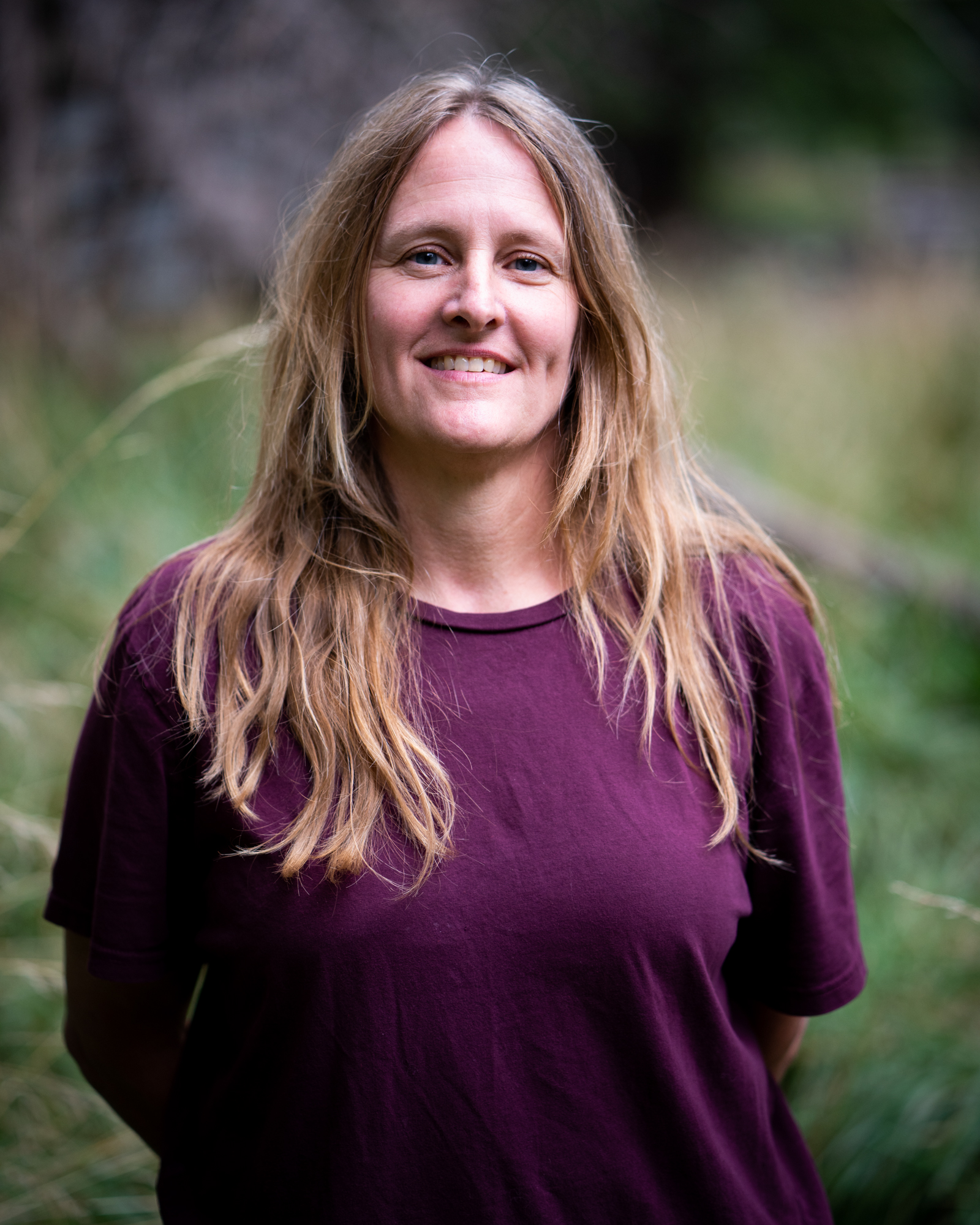An interview with Dr. Kathy Whiteman on leadership in the environmental space

Dr. Kathy Whiteman, from Western New Mexico University, and I sat down for a Zoom chat about leadership in the environmental space. Dr. Whiteman started Western New Mexico University’s Outdoor Program back in 2012, and it still remains the only university outdoor program in New Mexico. Since its founding, Dr. Whiteman has expanded the program, created a study track in outdoor leadership, and a variety of other programs and projects to get young people outside and develop their leadership skills.
Dr. Whiteman is currently working with state legislature, developing career pathways for young people to get into outdoor careers, and working with universities statewide to design curriculum. We talked about what it means to be a leader, ways that young people can develop their skills in the space, and how to use leadership as a way to stay hopeful in the face of the climate crisis.
Empowerment and active listening
We began by talking about what skills are essential for good environmental leaders. To this, Dr. Whiteman felt that scientific literacy, communication, and active listening skills are crucial. She emphasized that affecting change through empowering people with information is really important, and that the ability to communicate dense scientific information to the public is key to this empowerment.
Another component is listening to people, especially those that you may not agree with. Diversity of thought and voices is key to leadership. So is creating equity in decision making.
Encouraging others
I then asked Dr. Whiteman how she encouraged others to be leaders in the space. To this, Dr. Whiteman talked about her students and said: “I try to instill in them the recognition that they have the power to make change.” Incremental and local changes are a great place to start, and it’s important to give others opportunities and space to grow.
It’s also important that we get out of our comfort zone because a lot of times, “When we stay where we’re comfortable, we’re in a place where growth rarely happens.”
Transformational and transactional leadership
Talking about encouragement led to a discussion about transformational and transactional leadership. Transformational leadership “empowers and inspires people to take charge in bigger picture problems.” In contrast, transactional leadership takes a more top-down approach and tends to be focused on maintaining the norm. Both forms of leadership are important in different contexts, but when possible, transactional leadership should take a back seat.
Failing forward
We then talked about failure and how good leaders lean into and grow from failure. Dr. Whiteman explained, “You know sometimes things don’t go the way we want, so expect to fail.” She also said that we have to celebrate small successes. For when we need a pick me up after failure, Dr. Whiteman recommended Brené Brown’s work.
There’s more than one type of leader
After talking about Brené Brown, I asked Dr. Whiteman about what she would recommend to those who aren’t natural leaders. To this, Dr. Whiteman responded:
“Sometimes we try to pigeonhole leaders into boxes, and this is dangerous because we all have valuable strategies. Just because someone is quiet doesn’t mean they’re not excellent leaders, and people who are loud and boisterous aren’t necessarily great leaders. We need to allow space for people to lead how they lead and let them be who they are because we all have tools”
It takes a village
Using these tools and working as a team is particularly important in the context of the climate crisis. We talked about how huge the challenges facing our environment are right now, and Dr. Whiteman said, “We can’t solve these problems alone, we need other people.”

Advice for young people
To tie up our conversation, I asked Dr. Whiteman what recommendations she had for young people developing their leadership skills in the environmental space. These were her thoughts:
- Know when to ask for help, and ask
- Know that you’re not alone and that there’s hope
- Get outside, connect with nature, be inspired, foster a sense of curiosity and wonder
- If you don’t have a growth mindset, work to develop one
